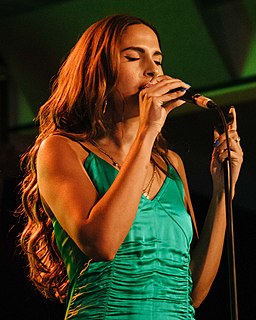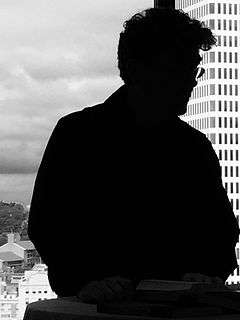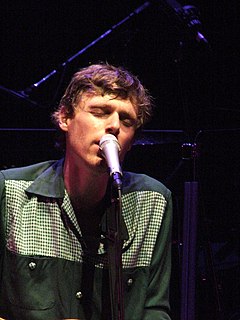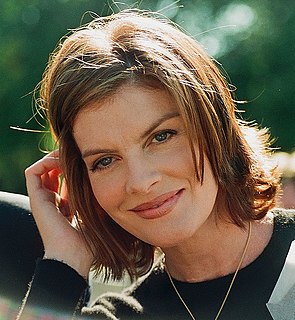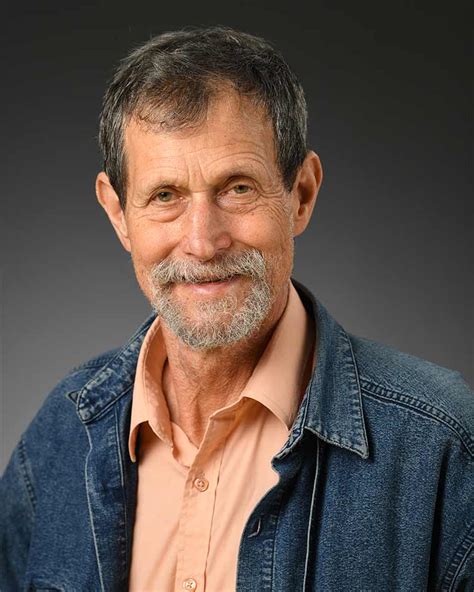A Quote by Ursula K. Le Guin
We like to think we live in daylight, but half the world is always dark, and fantasy, like poetry, speaks the language of the night.
Related Quotes
We believe we can also show that words do not have exactly the same psychic "weight" depending on whether they belong to the language of reverie or to the language of daylight life-to rested language or language under surveillance-to the language of natural poetry or to the language hammered out by authoritarian prosodies.
I really wish that peoplewould just say, 'Yes, it's a comic. Yes, this is fantasy. Yes, this is Science Fiction,' and defend the genre instead of saying, 'Horror is a bit passe so this is Dark Fantasy,' and that' s playing someone else's game. So that's why I say I'm a fantasy writer and to hell with 'It doesn't read like what I think of as a fantasy'. In that case what you think of as a fantasy is not a fantasy. Or there is more to it than you think.
'Scandal' has always lived in this dark place with this idea that Washington is filled with this underbelly of monsters, that if the real world understood how dark, twisted and corrupt it really was, they would never agree with our government or want to be part of it. It's been kind of fun to live in that world. It felt like a fictional world.
Poetry restores language by breaking it, and I think that much contemporary writing restores fantasy, as a genre of writing in contrast to a genre of commodity or a section in a bookstore, by breaking it. Michael Moorcock revived fantasy by prying it loose from morality; writers like Jeff VanderMeer, Stepan Chapman, Lucius Shepard, Jeffrey Ford, Nathan Ballingrud are doing the same by prying fantasy away from pedestrian writing, with more vibrant and daring styles, more reflective thinking, and a more widely broadcast spectrum of themes.
Howard Altmann has found a way to make language transform itself. If the elusive moment between I and Thou could speak, it might be one of his quietly amazing lines-'you ask the silence to invert itself / like a gymnast in the dark . . . ' Without a trace of rhetoric, In This House reminds us of the power of poetry: to show us how to live in a world in which we are strangers. It's a thrill to come close to such an original and deeply realized art.
I like the dream, like fantasy dresses. Women can dream at 9 in the morning and at 10 o’clock at night, it doesn’t matter. I think it is also important for me to make it pragmatic and practical and wearable. I always say, 'If you can’t eat it, it’s not food, and if you can’t wear it, it’s not fashion, it is something else.'

